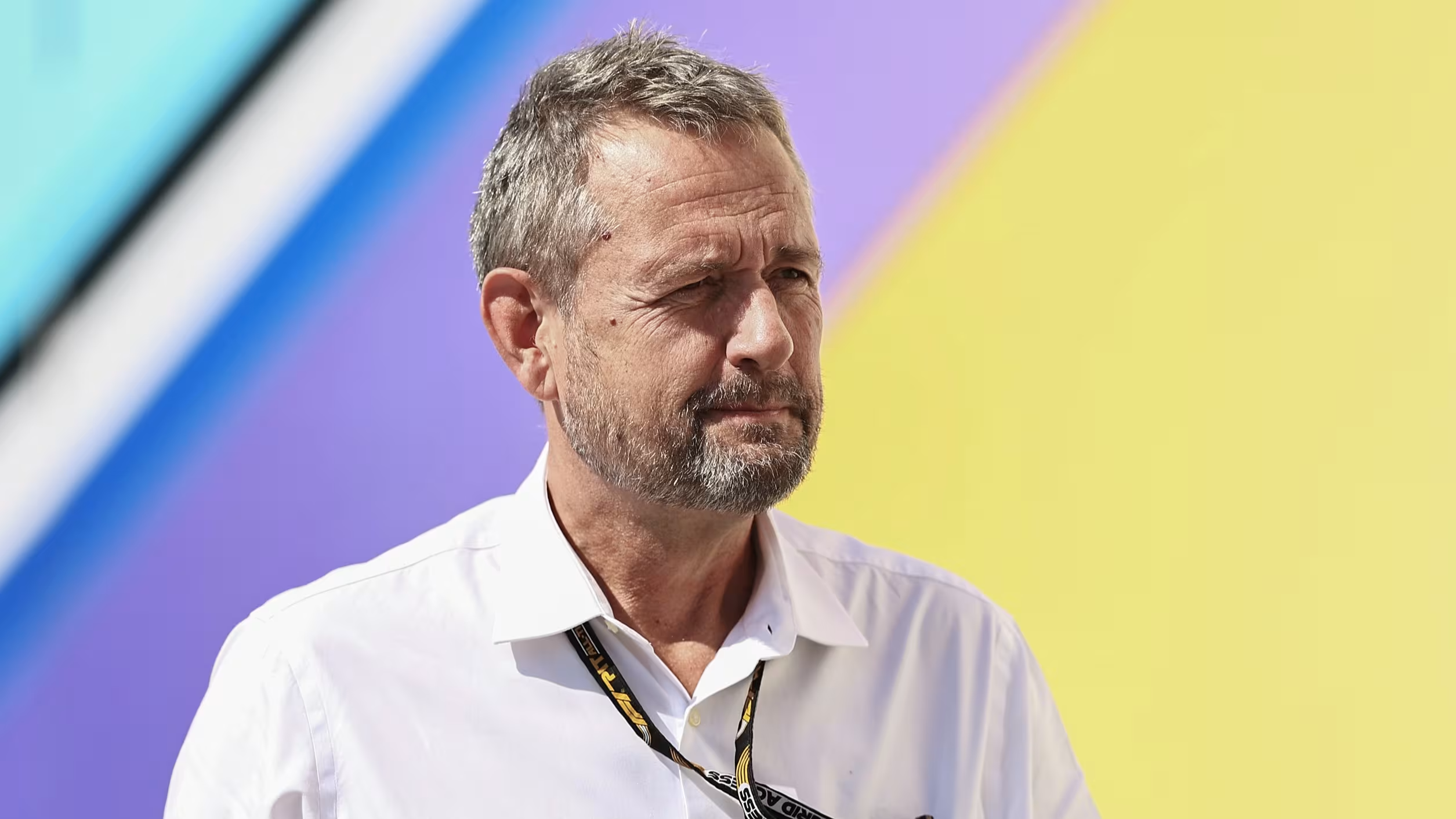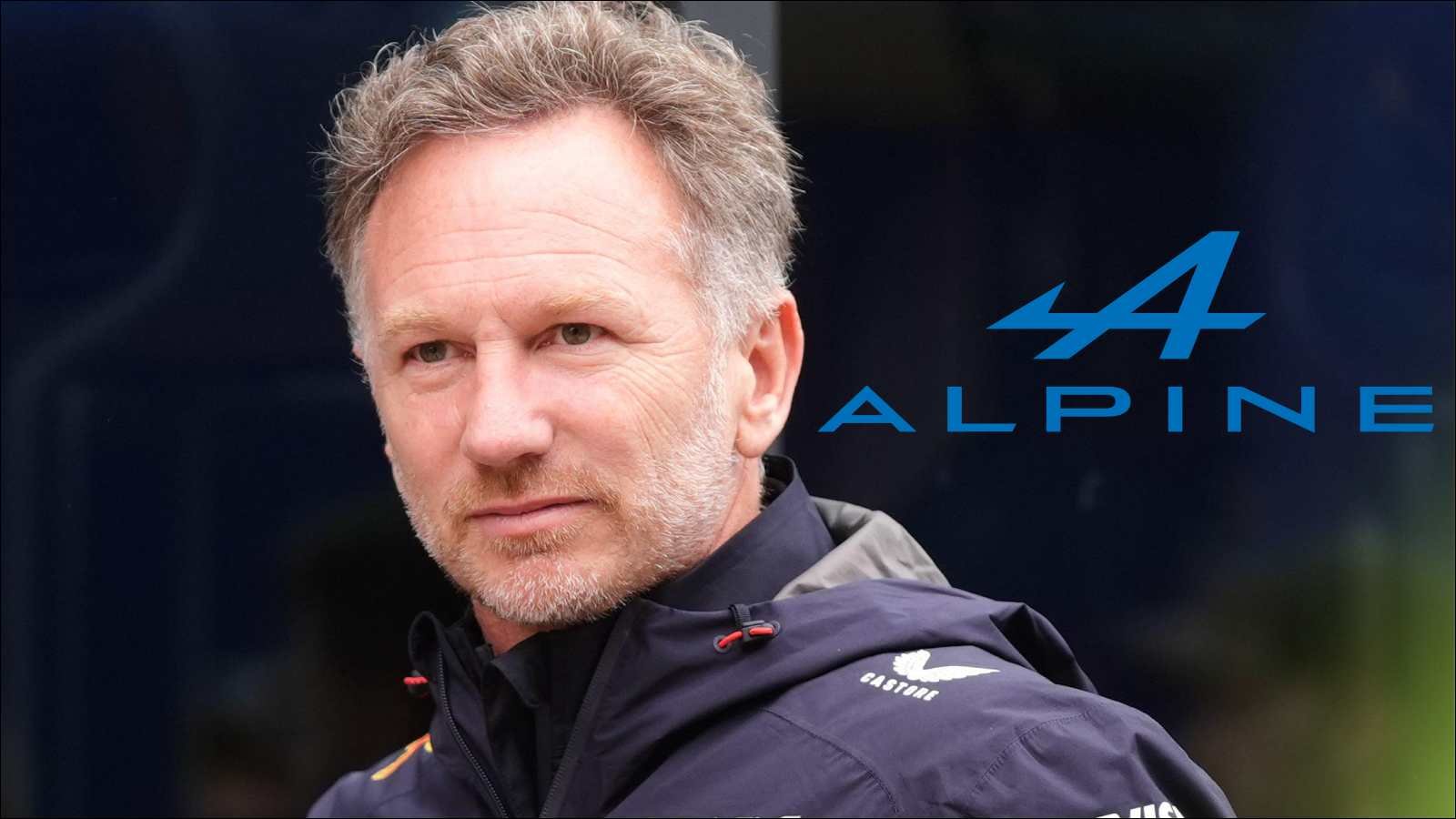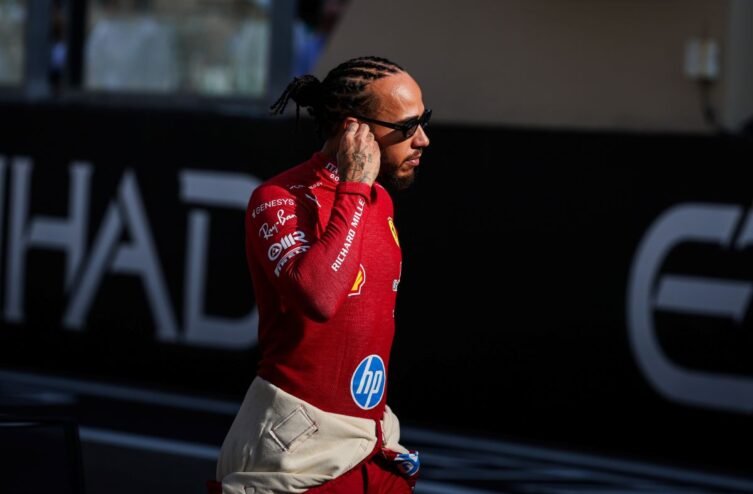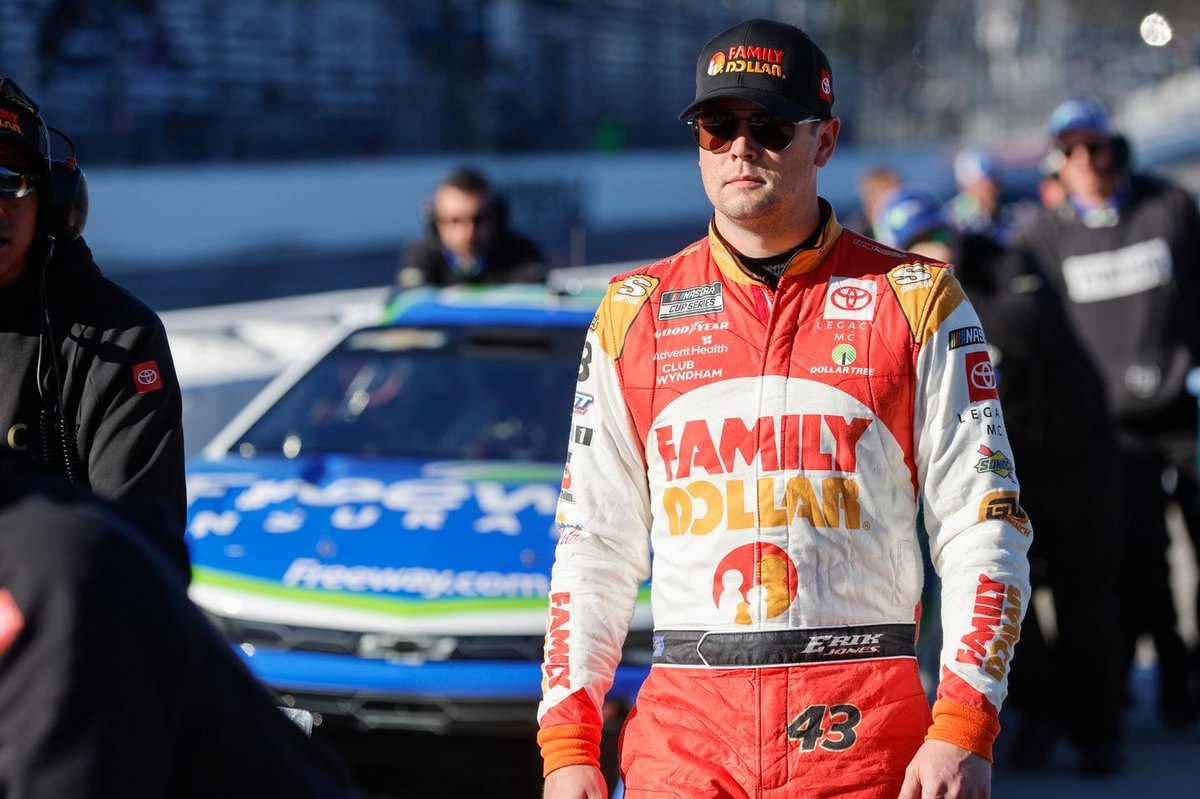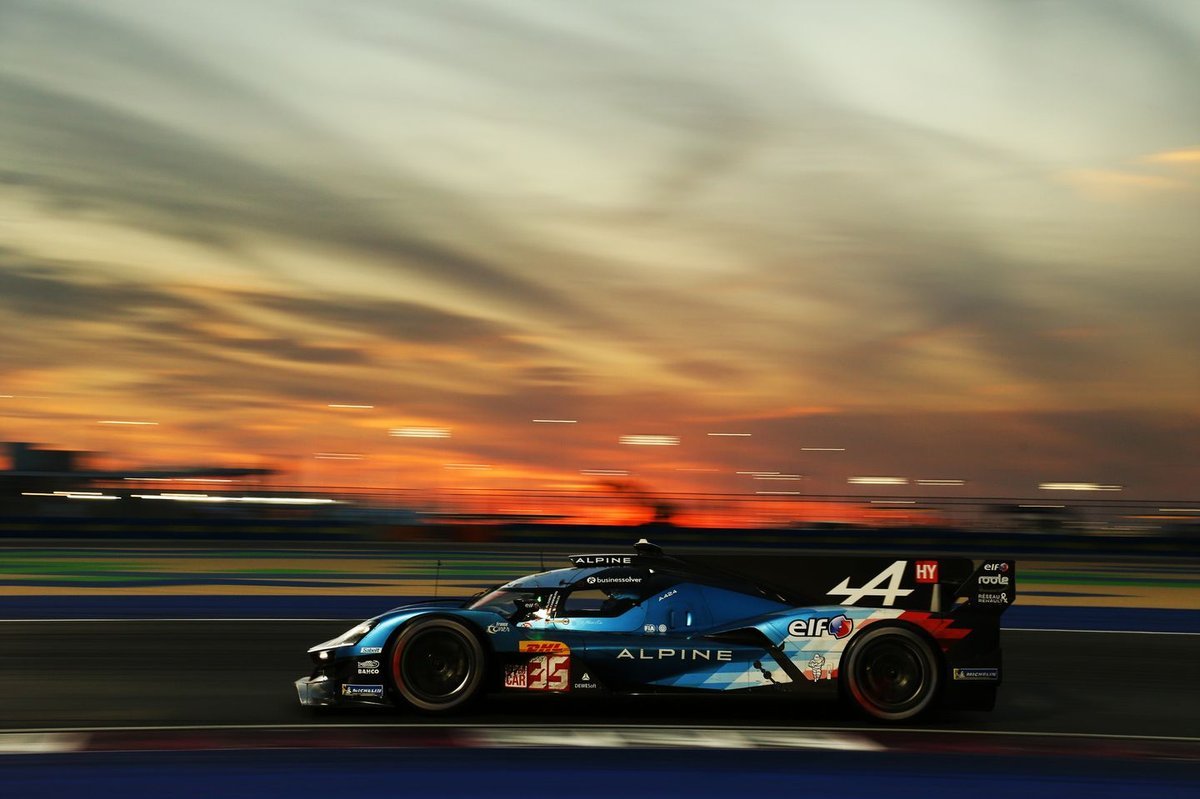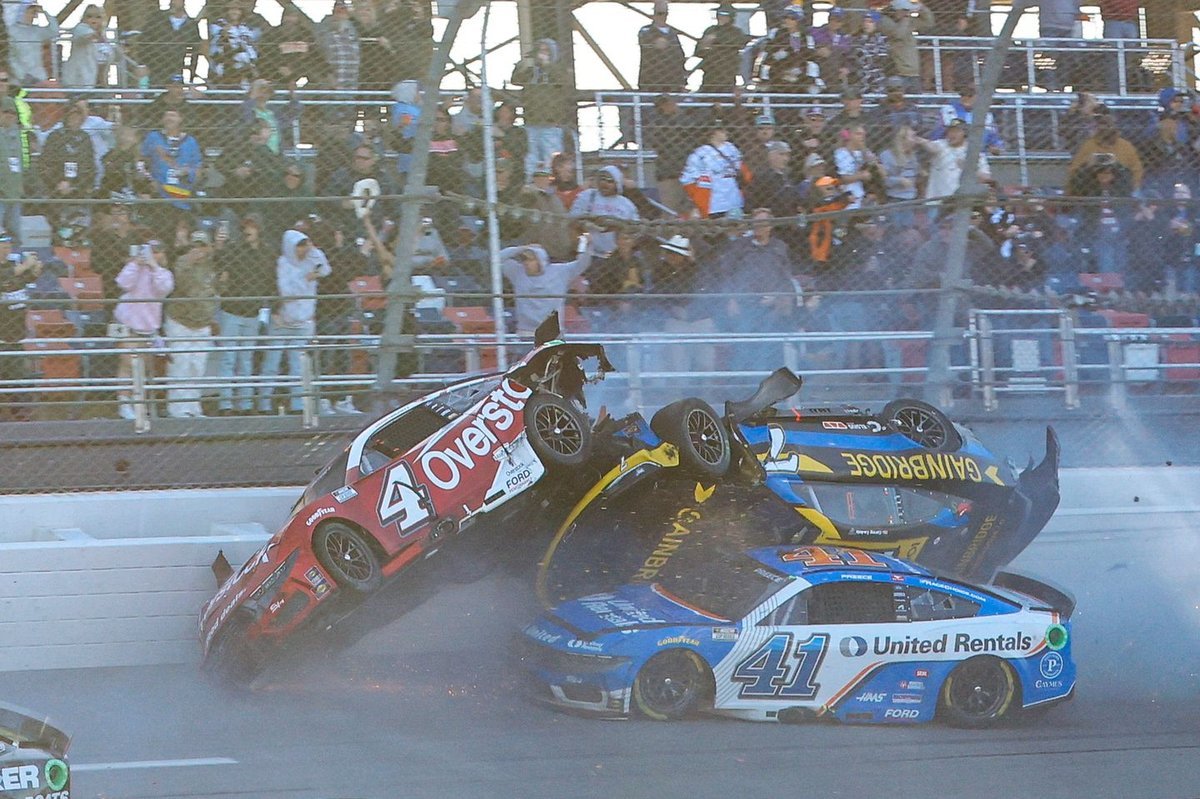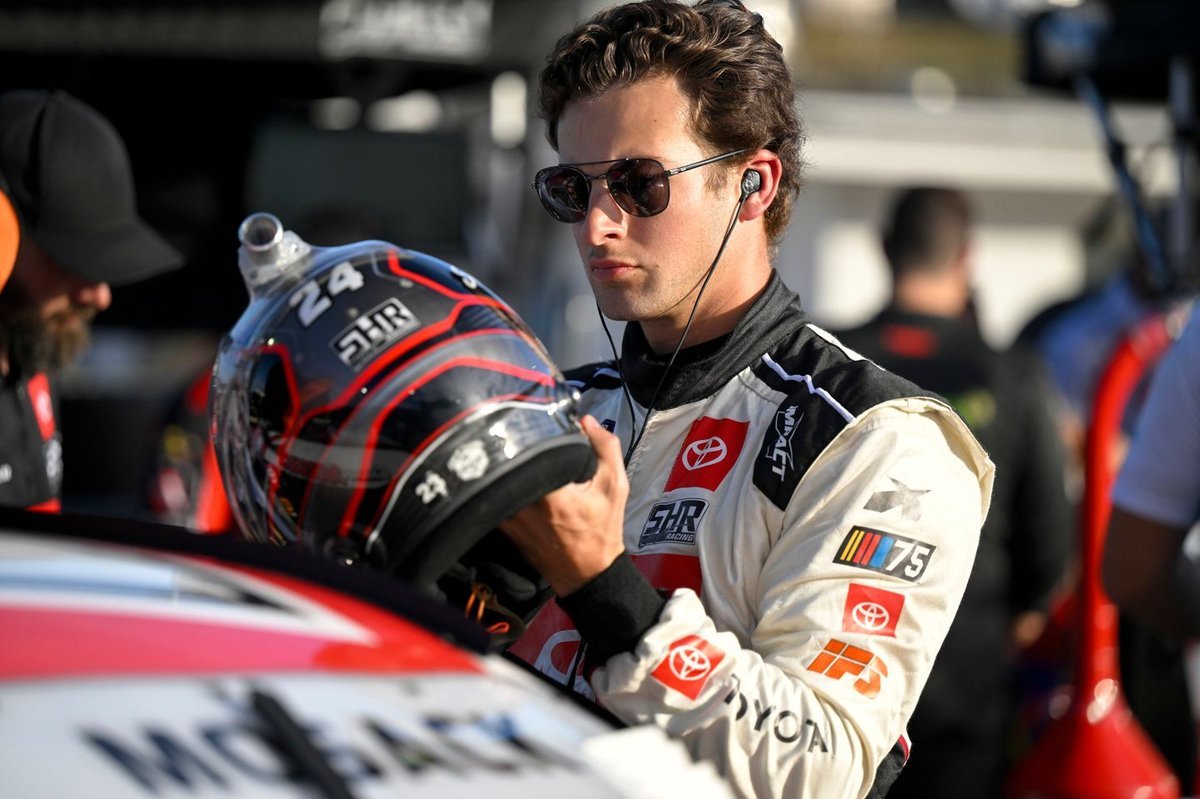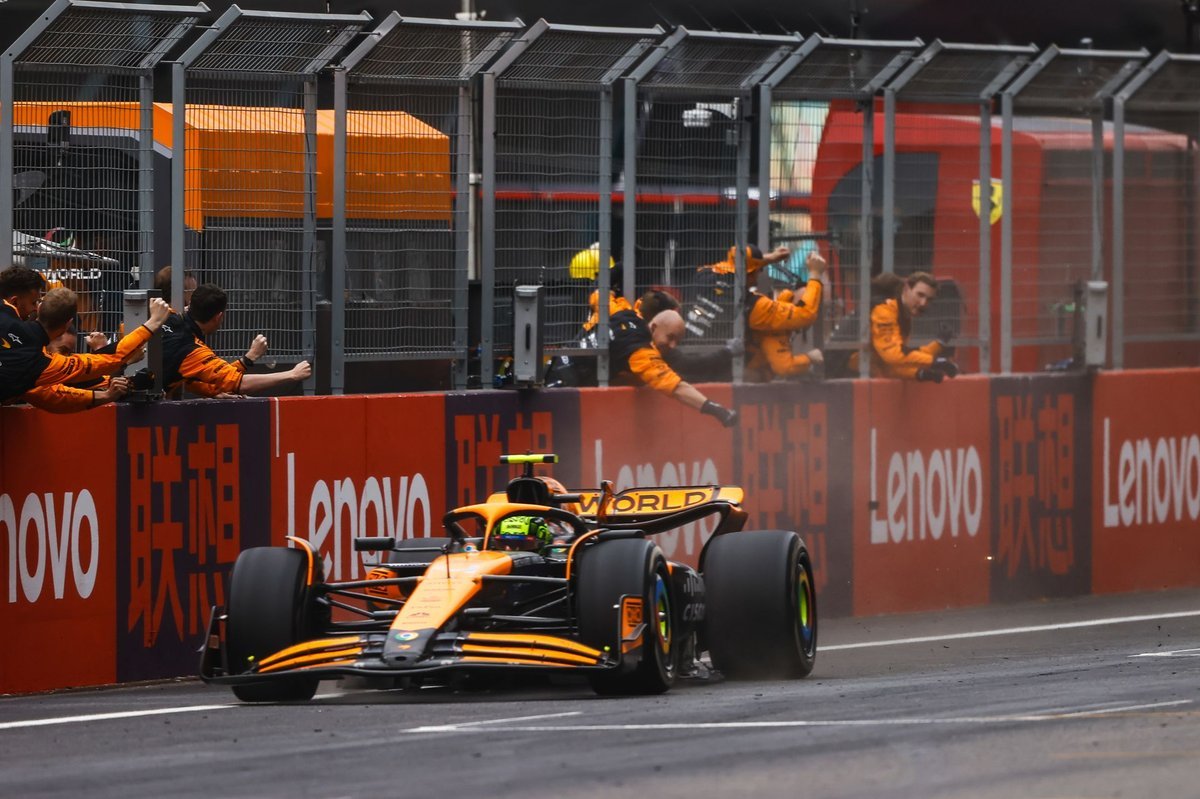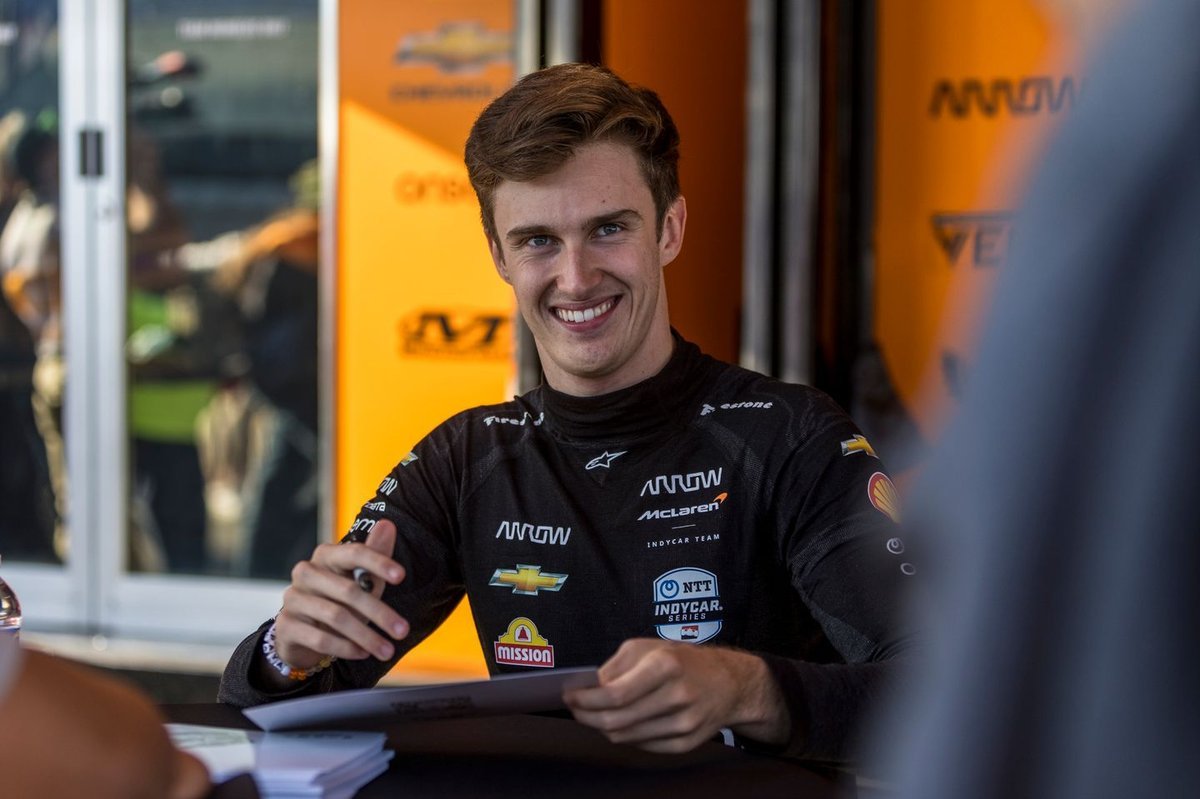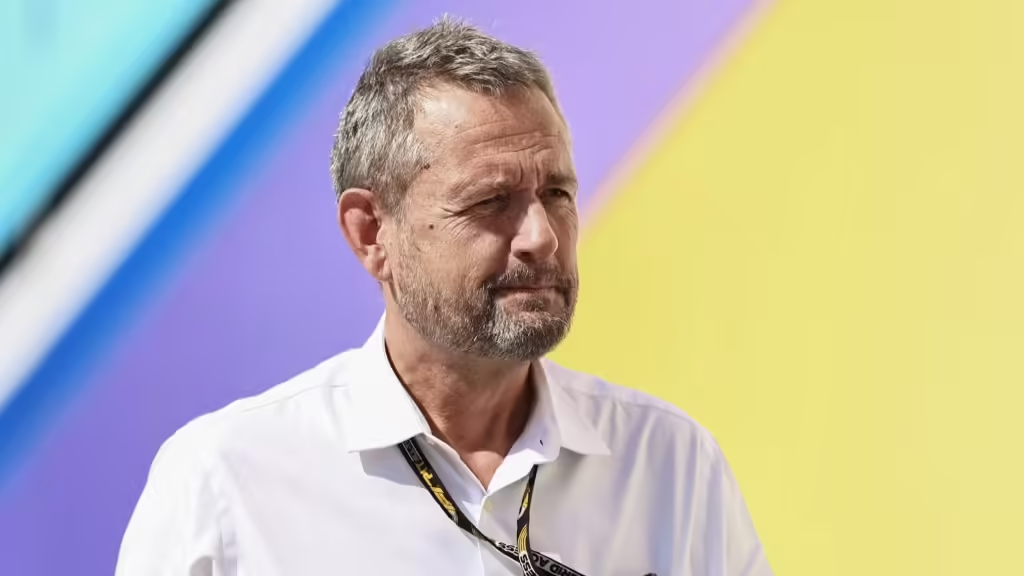
Alpine appoints Steve Nielsen as Managing Director after Oli Oakes’ exit, aiming for a fresh start and better results with Mercedes power.
When a Formula 1 team shakes up its leadership, the paddock listens. And when that team is Alpine, a historic name with championship pedigree, people sit up straight. Alpine have just announced Steve Nielsen as their new Managing Director, marking a major move to revive their fortunes after a rocky start to the season. Think of it as bringing in a seasoned captain to steer a ship caught in a stormy sea.
Below, we’ll unpack everything you need to know about this big change, why it matters, and what lies ahead for Alpine.
Who is Steve Nielsen?
Steve Nielsen isn’t just another name in motorsport. He’s a paddock veteran with decades of experience navigating the complex world of F1 operations. His calm demeanor and sharp mind have earned him respect across teams and governing bodies alike. Imagine a football manager who has coached everywhere from small academies to Champions League finals — that’s Nielsen in F1 terms.
Why did Alpine need new leadership?
Alpine have been struggling to find consistency and performance this season. Sitting at the bottom of the Constructors’ standings with just 11 points is a clear signal that something had to change. After the departure of Team Principal Oli Oakes in May, there was a leadership vacuum. The team needed someone steady, respected, and experienced to take the helm — and fast.
Flavio Briatore’s ongoing influence
Flavio Briatore, Alpine’s executive advisor, remains a central figure behind the scenes. His decision to bring Nielsen back isn’t surprising; they’ve known each other for decades. Briatore will continue overseeing the big-picture strategy while Nielsen manages daily operations. It’s like having a chess grandmaster planning the moves while a top tactician makes them happen.
Nielsen’s past ties with Enstone
For Nielsen, this is more like a homecoming than a new beginning. He has previously worked with the Enstone squad under different names — Benetton, Renault, and Lotus. He was even there during the golden years when Fernando Alonso took back-to-back World Championships in 2005 and 2006. His familiarity with the team’s DNA might be exactly what Alpine needs to rediscover its competitive edge.
A deeper look at Nielsen’s career
Beyond Enstone, Nielsen’s CV sparkles with stints at Tyrrell, Honda, Toro Rosso, Arrows, the FIA, and most recently, Formula 1’s commercial rights holder. This wide-ranging experience means he knows the sport inside-out, from technical regulations to team politics. He’s seen F1 from every angle, making him an ideal candidate to unify and inspire a team in crisis.
Kris Midgley joins the technical team
Nielsen won’t be alone in this rebuild. Alpine also announced Kris Midgley as Head of Aerodynamic Development. Midgley brings vital aerodynamic expertise after a stint at Ferrari as Principal Aerodynamicist. Returning to Enstone, where he worked between 2007 and 2013, Midgley will report to Executive Technical Director David Sanchez. His arrival signals Alpine’s push to modernize and strengthen its technical core.
Alpine’s current struggles on the grid
Let’s face it: Alpine’s current on-track form is nothing to write home about. They’ve been battling at the back of the midfield, often outpaced by teams with fewer resources. Poor reliability, lack of raw pace, and an unclear development direction have all contributed to their current woes. These new leadership moves show Alpine is serious about reversing their decline.
The switch to Mercedes power units
Next year, Alpine will switch to Mercedes power units, marking a big strategic pivot. This move could provide them with a more reliable and powerful engine, aligning them with teams like McLaren that have found success with Mercedes power. It’s a huge bet, but one that might finally give them the tools they need to climb up the standings.
Can Nielsen bring a cultural reset?
New leadership often sparks a change in mindset. Nielsen is known for his collaborative approach and strong communication skills — both crucial for repairing morale and fostering a winning culture. He might not be waving a magic wand, but his steady hand could start to shift Alpine’s atmosphere from uncertain to confident.
What this means for drivers and staff
Drivers and engineers need clarity and stability to perform at their best. Nielsen’s appointment, combined with Midgley’s return, could help retain talent and attract new faces. It also reassures the team’s drivers that management is serious about improvement, potentially reducing off-track distractions.
The timing: Why before Monza?
Announcing Nielsen’s appointment before the Italian Grand Prix at Monza isn’t a coincidence. The timing suggests Alpine want to begin their reset ahead of one of the season’s most iconic races. With Nielsen starting on September 1, the team gets a symbolic fresh start at a track known for its speed and drama.
Future goals and expectations
Alpine isn’t hiding its ambitions. They want to move up the grid and become a serious podium contender again. With Nielsen at the wheel and Mercedes power coming next year, they’re setting the foundation for a long-term resurgence. Fans and insiders alike will be watching closely to see if these changes pay off.
Will fans see immediate changes?
While it’s tempting to expect instant results, big transformations take time in Formula 1. Nielsen’s influence will likely be felt gradually, as he re-aligns strategies, builds trust, and refines processes. But if all goes to plan, Alpine could begin to show signs of progress even before the end of the season.
Conclusion
Alpine’s appointment of Steve Nielsen as Managing Director is more than just a new name on the door — it’s a statement of intent. With Nielsen’s experience, Briatore’s vision, and new technical hires like Kris Midgley, Alpine is gearing up for a major comeback. Their switch to Mercedes power and these leadership changes set the stage for an exciting new chapter. It’s too soon to say whether Alpine will return to championship-winning form, but one thing is clear: they’re not content to stay at the back of the grid.
FAQs
Who is Steve Nielsen in Formula 1?
Steve Nielsen is a highly respected F1 executive with decades of experience across various teams and roles, including stints at Benetton, Renault, FIA, and Formula 1 itself.
Why did Alpine choose Steve Nielsen as Managing Director?
Alpine chose Nielsen for his deep experience, strong leadership skills, and familiarity with the Enstone team, hoping he can drive the team back to competitiveness.
What role does Flavio Briatore play at Alpine?
Flavio Briatore acts as an executive advisor, overseeing the overall project while Nielsen handles day-to-day management.
Will Alpine improve immediately after these changes?
Immediate improvement is unlikely, as building a competitive F1 team takes time. However, these moves set the groundwork for future success.
Why is Alpine switching to Mercedes power units?
Alpine hopes Mercedes engines will provide more reliability and performance, giving them a better chance to fight further up the grid in coming seasons.

